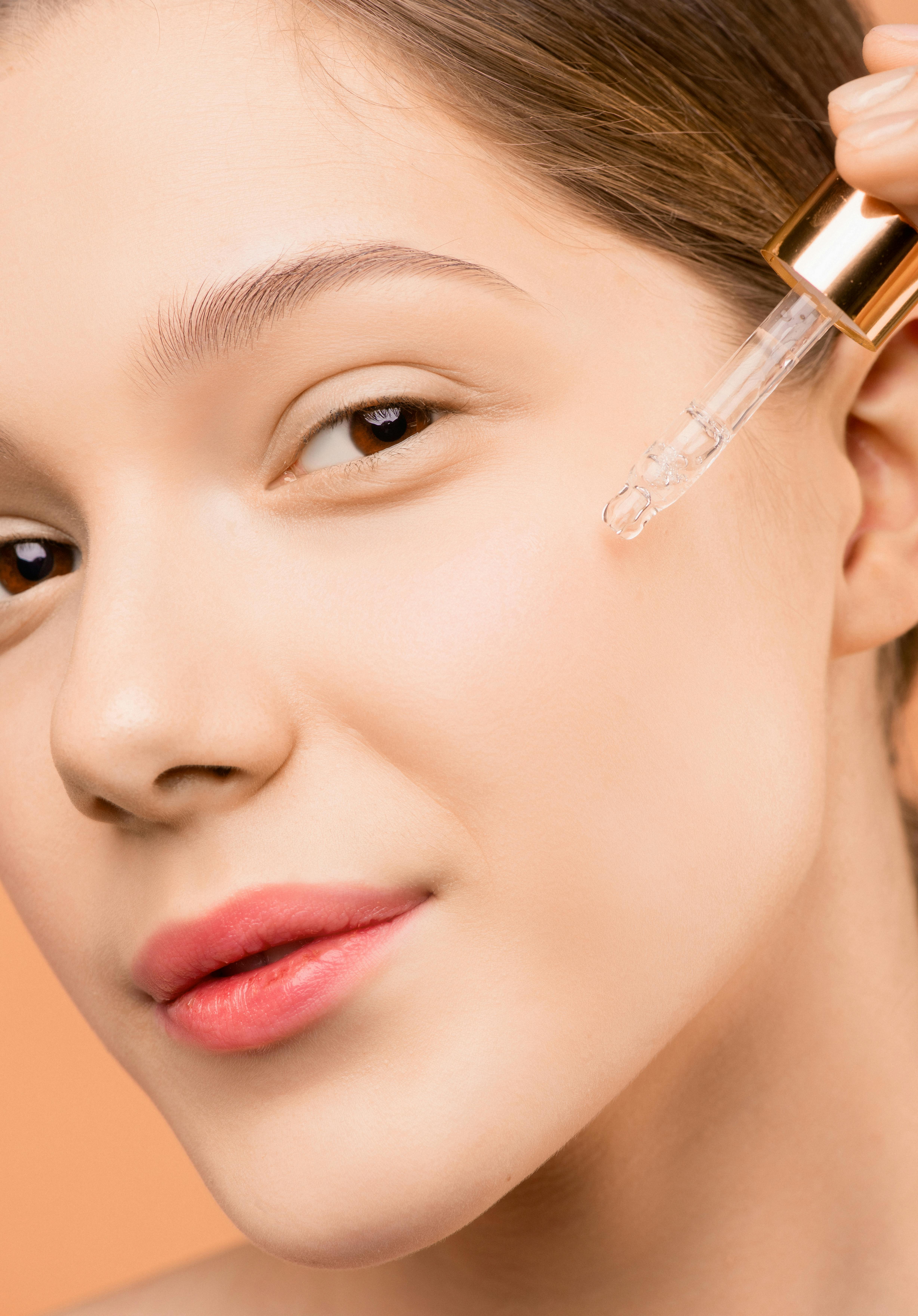Fermented Beauty: The Next Frontier in Skincare
In the ever-evolving world of beauty and skincare, a new trend is quietly fermenting its way to the forefront. Fermented beauty, a concept rooted in ancient traditions yet reimagined for modern skincare, is poised to revolutionize our approach to skin health. This innovative technique harnesses the power of beneficial microorganisms to create potent, bioavailable skincare ingredients that promise unparalleled results. As consumers increasingly seek natural, effective solutions, fermented beauty products are emerging as a harmonious blend of science and nature, offering a unique approach to addressing various skin concerns. From enhancing hydration to combating signs of aging, these products are capturing the attention of skincare enthusiasts and experts alike, signaling a significant shift in the industry's landscape.

The fermentation process offers several benefits for skincare ingredients:
-
Enhanced bioavailability: Fermentation breaks down large molecules into smaller ones, making it easier for the skin to absorb and utilize the nutrients.
-
Increased potency: The process can concentrate the beneficial compounds within ingredients, potentially amplifying their effects on the skin.
-
Natural preservation: Fermentation produces natural preservatives, reducing the need for synthetic additives in skincare formulations.
-
Probiotic benefits: Some fermented ingredients may contain beneficial bacteria that support the skin’s microbiome, promoting overall skin health.
Historical Roots and Modern Revival
The concept of using fermented ingredients for beauty is not entirely new. In fact, it has deep roots in various cultural traditions, particularly in East Asian skincare practices. For centuries, Korean and Japanese women have incorporated fermented ingredients like rice water and soybean into their beauty routines.
In Korea, the use of fermented ingredients can be traced back to the Three Kingdoms period (57 BC - 935 AD). Women would use fermented rice water, a byproduct of rice fermentation, to cleanse and brighten their skin. This practice laid the foundation for what would eventually become a cornerstone of Korean skincare philosophy.
The modern revival of fermented beauty began in the early 2000s, as Korean skincare brands started to incorporate fermented ingredients into their product lines. This coincided with the global rise of K-beauty, bringing fermented skincare to international attention. Since then, the trend has gained momentum, with Western brands also embracing the power of fermentation in their formulations.
Key Ingredients in Fermented Skincare
The world of fermented beauty encompasses a wide range of ingredients, each offering unique benefits for the skin. Some of the most popular fermented ingredients include:
-
Rice: Fermented rice water is rich in vitamins, minerals, and amino acids. It’s known for its brightening and anti-aging properties.
-
Soy: Fermented soybean extract is packed with isoflavones and other antioxidants that help protect the skin from environmental stressors.
-
Green tea: When fermented, green tea’s antioxidant properties are enhanced, offering potent protection against free radicals.
-
Ginseng: Fermented ginseng is believed to have increased anti-aging benefits, helping to improve skin elasticity and firmness.
-
Mushrooms: Various fermented mushroom extracts are used for their hydrating, brightening, and anti-inflammatory properties.
Benefits and Potential Drawbacks
Proponents of fermented skincare claim a multitude of benefits, including:
-
Improved hydration: Fermented ingredients often have a smaller molecular size, allowing them to penetrate deeper into the skin and provide better hydration.
-
Enhanced anti-aging effects: The concentrated nutrients in fermented ingredients may help combat signs of aging more effectively.
-
Soothing properties: Many fermented ingredients have anti-inflammatory effects, making them suitable for sensitive or reactive skin.
-
Support for skin barrier function: Some fermented products may help strengthen the skin’s natural barrier, improving overall skin health.
However, it’s important to note that while fermented skincare shows promise, more research is needed to fully understand its long-term effects and efficacy. Some potential drawbacks include:
-
Allergic reactions: As with any skincare product, some individuals may be sensitive to certain fermented ingredients.
-
Variability in formulations: The effectiveness of fermented skincare can vary greatly depending on the specific ingredients and fermentation processes used.
-
Cost: High-quality fermented skincare products can be more expensive due to the complex production processes involved.
The Future of Fermented Beauty
As consumer interest in natural, effective skincare solutions continues to grow, the fermented beauty trend is likely to expand further. Industry experts predict several developments in the coming years:
-
Increased research: More scientific studies are expected to explore the benefits and mechanisms of fermented skincare ingredients.
-
Expansion into other beauty categories: While skincare currently dominates the fermented beauty space, we may see the trend extend to haircare and body care products.
-
Sustainability focus: Fermentation could play a role in creating more sustainable beauty products, as it can help extend the shelf life of natural ingredients without synthetic preservatives.
-
Customization: As understanding of the skin microbiome grows, we may see more personalized fermented skincare solutions tailored to individual skin types and concerns.
Integrating Fermented Beauty into Your Routine
For those interested in exploring fermented skincare, it’s advisable to start slowly and patch-test new products. Look for reputable brands that are transparent about their fermentation processes and ingredient sourcing. Some popular product types to consider include:
-
Essences: Often the star of fermented skincare routines, essences are lightweight, hydrating products that can be applied after cleansing.
-
Serums: Concentrated fermented ingredients in serum form can target specific skin concerns like brightening or anti-aging.
-
Sheet masks: Fermented sheet masks offer an intensive treatment option for hydration and nourishment.
-
Moisturizers: Fermented ingredients in moisturizers can provide hydration while potentially offering additional benefits like improved texture or tone.
As with any skincare regimen, consistency is key to seeing results. It may take several weeks of regular use to notice significant changes in your skin.
In conclusion, fermented beauty represents an exciting frontier in skincare, blending ancient wisdom with modern science. While more research is needed to fully understand its potential, the growing interest from both consumers and industry professionals suggests that fermented skincare is more than just a passing trend. As we continue to seek out innovative, effective, and natural solutions for our skin, fermented beauty products are likely to play an increasingly important role in the evolving landscape of skincare.





